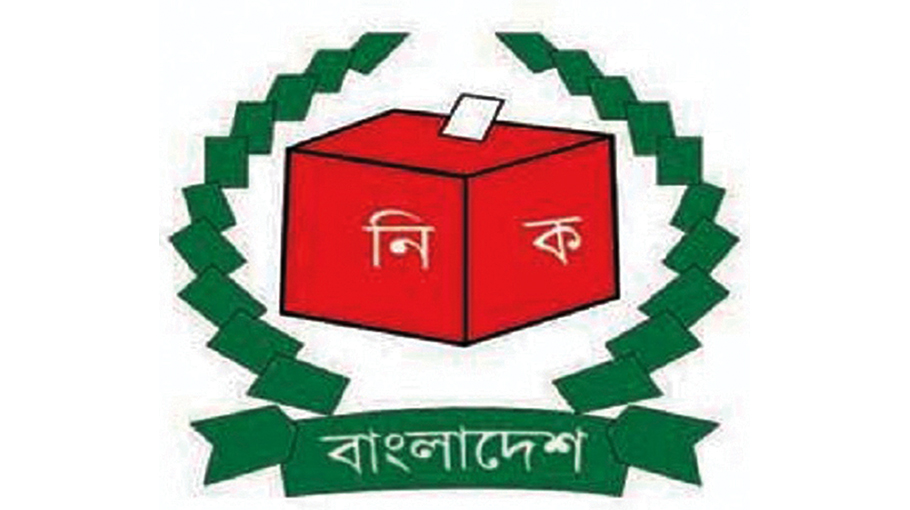New EC now in President’s hands

The dialogue on the reconstitution of the Election Commission (EC) now is almost ended. Now the President of the republic will have to act.
There is no option but the President’s steps as there is a time limitation for the enactment of a law for the reconstitution of the EC while the ‘Presidential Ordinance’ is not possible avoiding the existing National Parliament.
Therefore, it seems the new EC might have to be reconstituted through a search committee, which would be formed by the President on the basis of the recommendations by different political parties.
The EC in the last two terms was formed by the search committee following dialogue with the political parties and as per their recommendations.
It is known that the tenure of the present EC led by KM Nurul Huda ends after 10 days, on January 14 and, therefore, President Abdul Hamid on December 20 initiated a dialogue process with different political parties on the formation of a new EC.
According to sources, the Jatiya Party, the main opposition in the National Parliament, took part in the dialogue at the President’s residence Bangabhaban on the first day of the dialogue on December 20.
Coming out of the Bangabhaban, Jatiya Party Chairman GM Quader said his party made three separate proposals. He said they want either a new law or a ‘Presidential Ordinance’. If these demands were not possible to be met, they also proposed a search committee for the formation of the new EC.
Two days later, on December 22, Jatiya Samajtantrik Dal (Inu) also stressed the need for enacting a specific law in line with the constitution to form the EC to get rid of a controversy over the electoral system after every five years.
The enactment of the specific law is necessary, JSD, a component in Awami League-led grand alliance, said during the dialogue with President Abdul Hamid at Bangabhaban.
Another political party, the Workers Party of Bangladesh on December 27 proposed the formation of an independent and impartial election commission by enacting a law in accordance with the constitution.
Workers Party (WP) President Rashed Khan Menon said, if the law could not be enacted, they would send names of the search committee members to the president after verification by the parliamentary advisory committee. The president will appoint the election commissioners from that list.
Menon said, "In 2011 and 2016 also, we had proposed to make new legislation. We placed the same proposal today again. It is sad to come up with the same thing three times."
Like, Jatiya Party, JSD, Workers Party of Bangladesh, some other political parties, including Ganoforum, Bikalpa Dhara Bangladesh, Islami Oikya Jote (IOJ) and Bangladesh Nationalist Front (BNF) also took part in the dialogue.
But, all the political parties, which already have taken part in the dialogue, have made different proposals from their own views. Some of them proposed for enactment of new law, while some others for Presidential Ordinance. Besides, some of them also proposed for a search committee like in 2011 and 2016.
In this regard, Law, Justice and Parliamentary Affairs Minister Anisul Huq on Sunday said to understand whether the president's dialogue with political parties over formation of the EC is a failure or a success, everyone needs to wait for when the head of the state takes steps after its conclusion.
The law minister said a law will be formulated over the formation of the EC, but there is no scope for the formation of a law within this period by the time the tenure of the present EC expires.
"The law should be made in such a manner that it is acceptable to all. If the law is acceptable to a single political party, it will not be universal," he said.
The formation of the (election) commission will depend on the dialogue, he added.
According to the Constitution, the President has been given the power to appoint the Chief Election Commissioner (CEC) and no more than four Election Commissioners. In the last few terms, the President formed the Election Commission on the basis of the recommendations of the Search Committee.
The current EC's five-year tenure will end on February 14. Before that, the President will form a new EC, under which the twelfth parliamentary polls will be held.





